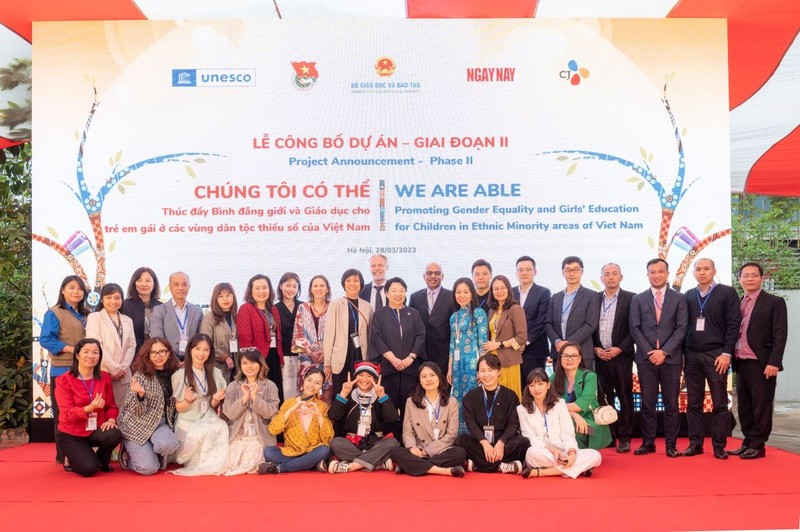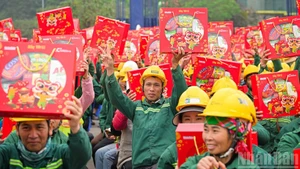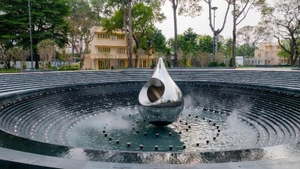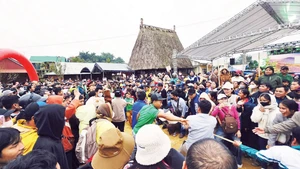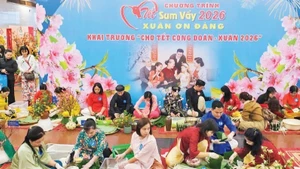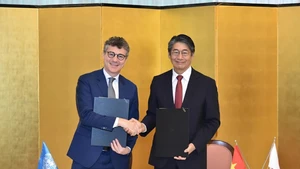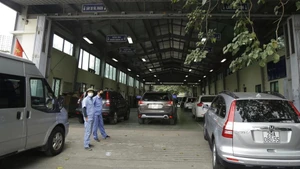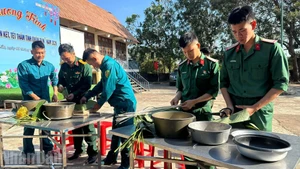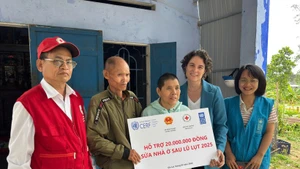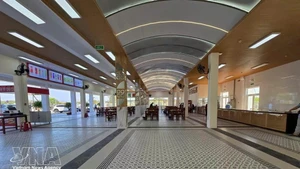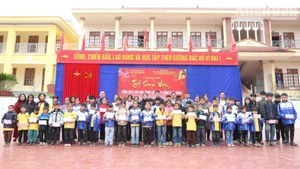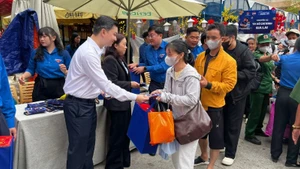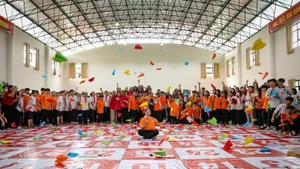The event was held by the UNESCO Office in Vietnam in collaboration with the Department of Teachers and Educational Administrators (DTEA) of the Ministry of Education and Training (MOET), the Ho Chi Minh Communist Youth Union (YU), and CJ Group.
The slogan “Achieving Better Living and Education”, creating the acronym “ABLE”, emphasises trust in the ability of ethnic minority children, especially girls, to overcome challenges.
“Education can be a true source of empowerment when it addresses the gender-based barriers, stigma and discrimination that hold learners back from fulfilling their right to education and future life, work, and leadership opportunities. We must harness education’s power to unlock the potential of learners in all their diversity and transform educational institutions to achieve just, equal and inclusive societies,” shared Justine Sass, Chief of the Section of Education for Inclusion and Gender Equality of UNESCO Headquarters in Paris.
Phase II of the “We are ABLE” project will be rolled out in the provinces of Cao Bang, Kon Tum and Ninh Thuan, aiming to empower ethnic minority youths, especially girls and young women, in boarding secondary schools and neighbouring communities to overcome stereotypes and to voice and act on their dreams, hopes and aspirations in education.
Phase II will build skills and platforms and create an enabling environment for student-led communication and advocacy and strengthen Government commitment to education for ethnic minority children and youths, especially girls.
Phase I of the project “We are ABLE” was jointly implemented from 2019-2022 by UNESCO, MOET and CEMA with funding from the UNESCO Malala Fund for Girls' Right to Education and financial and technical support from CJ Group. It targeted 12 districts in three provinces: Ha Giang, Ninh Thuan, and Soc Trang. The project increased ethnic minority girls’ access and retention in schools and ensured better employment opportunities for ethnic minority women.
Phase I of the project reached 16,296 students (including 8,021 girls). Across the 24 project schools, among ethnic minority learners, enrolment rates increased from 62% to 67%, drop-out rates dropped from 3.8% to 2.9%, and transition rates to upper-secondary rose from 69.7% to 76.7%.
A total of 2,136 teachers and educational administrators were trained on gender-responsive school counselling, and thousands more will be reached through the national roll-out of the online course. 120 ethnic minority women and youths were empowered with entrepreneurship training and continue to receive support through the Commune’s Women’s Union.
“The project is expected to contribute to the Vietnamese Government’s new 10-year Education Development Strategic Plan, the Strategy for Ethnic Minority Development, and the national commitment to the achievement of the Sustainable Development Goals, especially Goal 4 on education and Goal 5 on gender equality,” shared UNESCO Representative to Viet Nam, Christian Manhart.
CJ Group remains the main donor for Phase II. “The first project was successful despite the COVID-19 situation because not only students but also teachers, parents, communities, and the Vietnamese Ministry of Education and Training participated passionately,” shared Ms Hee Kyung Jo Min, Executive Vice President and Head of Corporate Social Responsibility of CJ CheilJedang.
